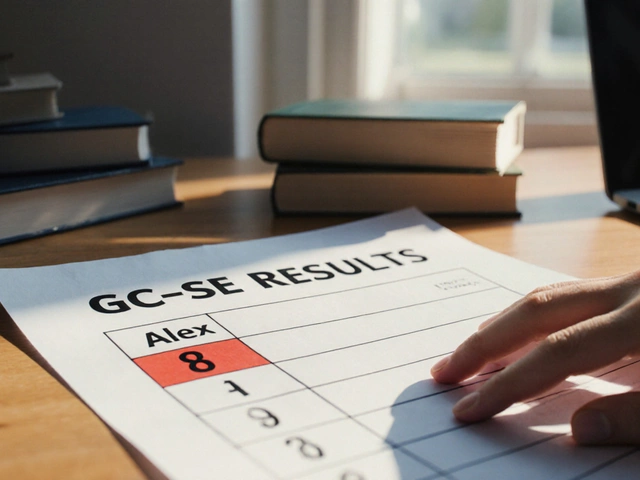UK University Entry: What You Need to Know
Thinking about starting university in the UK? You don’t have to guess which grades or forms you need. This guide breaks down the basics so you can map out a plan that works for you.
Key Academic Requirements
Most universities look at two things first: your GCSE results and your A‑level (or equivalent) grades. For top schools like Oxford or Cambridge, you’ll usually need at least five GCSEs at grade 7 or above, and A‑levels in the high 80s (A*–A). Smaller or more specialised colleges might accept lower grades, but they still expect a solid record.
When you choose A‑level subjects, pick ones that match the course you want. Engineering? Stick with maths and physics. Medicine? Biology and chemistry are a must. Even if you’re not sure yet, a mix of sciences, maths and a humanities subject gives you flexibility.
Don’t forget about the UCAS points system. Each qualification translates into points, and universities set a minimum total. A typical entry requirement might be 120–160 points, but elite programmes can demand 200 + points.
Beyond the Grades: Boosting Your Application
Grades matter, but they’re not the whole story. Your personal statement is the place to show why you’re a good fit. Keep it personal, avoid clichés, and give concrete examples of projects, work experience or extracurricular activities that link to your chosen course.
Many courses also require an interview or admissions test. Practice common questions, stay calm, and be ready to explain what you’ve done and what you want to achieve. If you’ve taken part in a competition, volunteered, or completed a summer school, mention those – they prove you’re motivated.
Scholarships are another way to strengthen your case. Look for awards aimed at average‑performing students, specific subjects, or regional candidates. Sites like the Universities and Colleges Admissions Service (UCAS) list many options. Applying early and tailoring each application to the scholarship’s criteria can double your chances.
Alternative routes such as foundation years, BTEC diplomas or apprenticeships are also accepted by many universities. If your grades aren’t where you want them to be, these pathways let you build the necessary knowledge without starting over.
Finally, keep to the UCAS timeline. Register in the summer, submit your choices by the October deadline, and watch for offers in March. Missing a deadline can close doors, so set reminders and double‑check every document.
With the right mix of grades, a clear personal statement, and a bit of extra effort on scholarships or alternative routes, you’ll be in a strong position to get into the university of your choice. Good luck, and remember – the process is a marathon, not a sprint.






